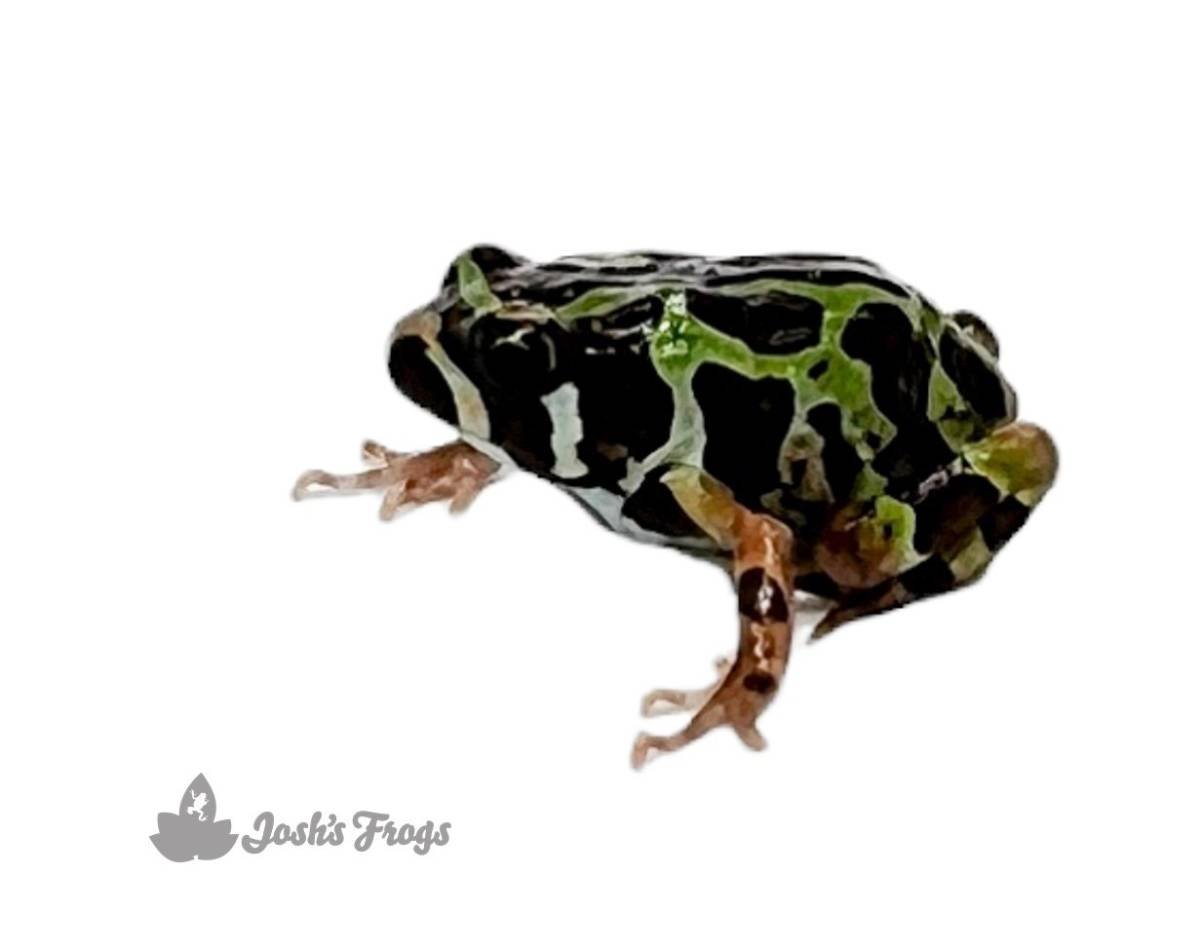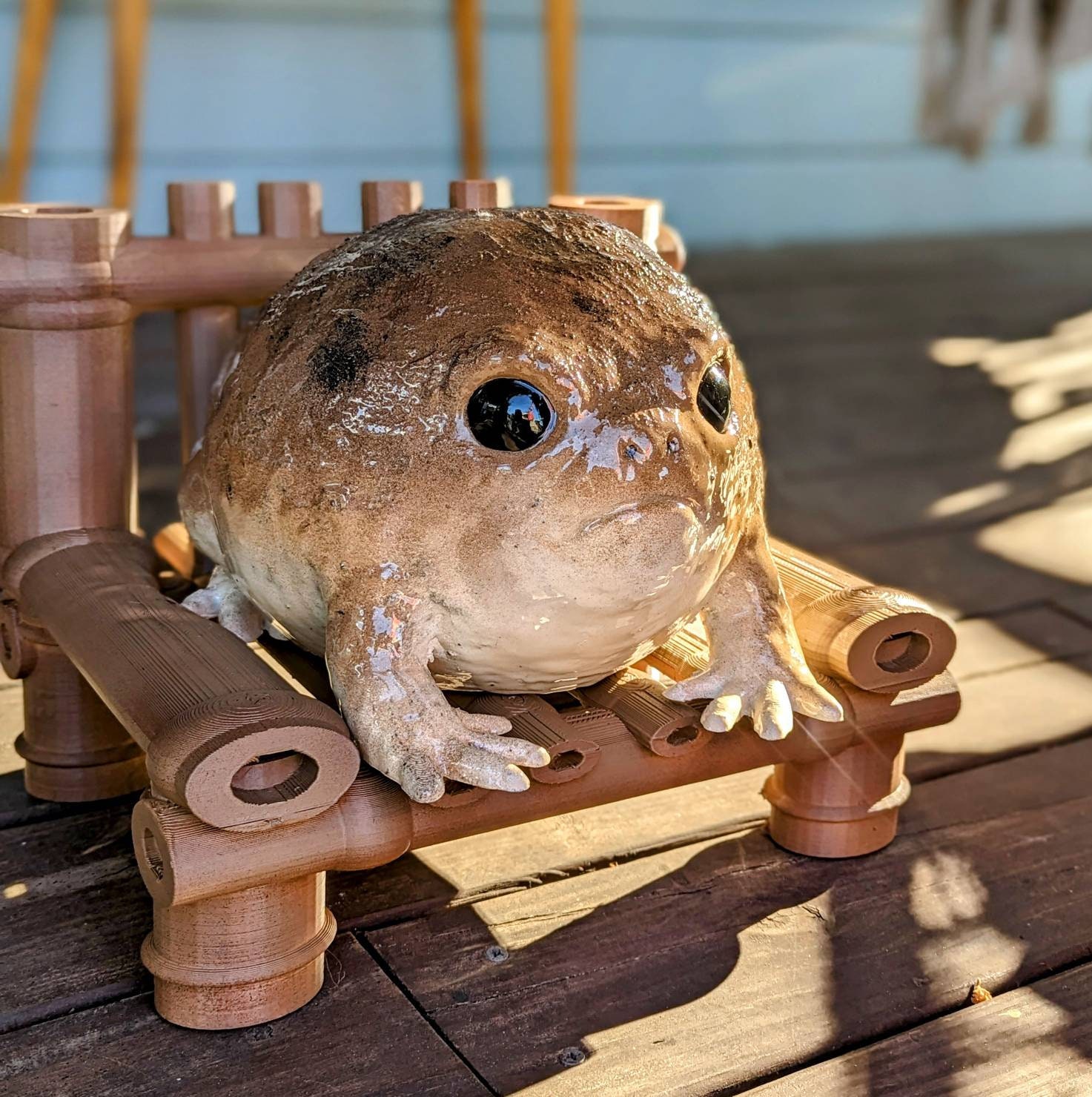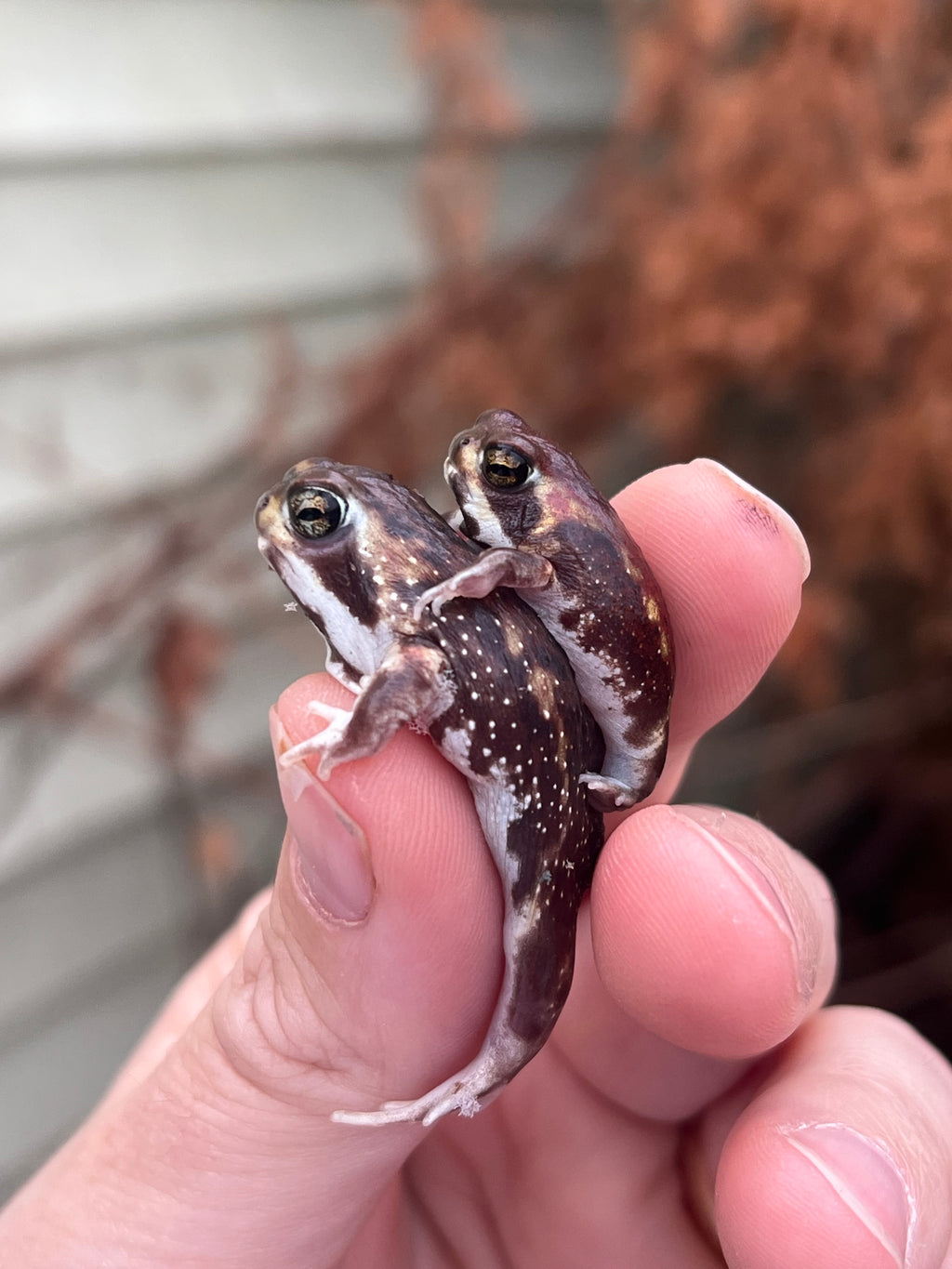Uncover Rare Rain Frog for Sale: Elevate Your Amphibian Collection Today!
Uncover Rare Rain Frog for Sale: Elevate Your Amphibian Collection Today!
Blog Article
Common Health Issues in Reptiles: Symptoms and Solutions
In the complex world of reptile treatment, recognizing the typical health problems that might affect these distinct creatures is vital in ensuring their wellness. From breathing infections that can quietly take hold to metabolic bone conditions that can cripple, reptiles are vulnerable to a variety of disorders that call for keen monitoring and timely intervention. Whether it's grappling with parasitic infestations, browsing dehydration issues, or attending to skin ailments that show up in subtle methods, being attuned to the signs and equipped with the understanding of reliable options is essential for any type of reptile owner. By delving even more right into the subtleties of these health and wellness concerns and discovering the useful remedies available, one can protect the health and vitality of these fascinating animals.
Respiratory System Infections
Breathing infections in reptiles can significantly influence their overall health and require timely focus from seasoned veterinarians. In reptiles, respiratory system infections can be particularly challenging to detect and deal with due to their special makeup and physiology.
Treatment for respiratory infections in reptiles commonly involves a combination of encouraging treatment, such as keeping proper humidity degrees and temperature level gradients in the room, as well as targeted drug to deal with the details pathogen in charge of the infection. It is vital for reptile proprietors to check their pet dogs closely for any indicators of respiratory system distress and seek veterinary care at the earliest indicator of a problem. With prompt treatment and ideal therapy, many reptiles can recover fully from respiratory system infections and resume normal tasks.

Metabolic Bone Disease
What aspects add to the advancement of Metabolic Bone Disease in reptiles?
Metabolic Bone Disease (MBD) in reptiles is primarily caused by an absence of proper calcium, phosphorus, and vitamin D3 levels in their diet regimen. In addition, insufficient exposure to UVB light prevents reptiles from manufacturing vitamin D3, which is crucial for calcium absorption and bone health.
Other contributing factors to MBD include improper temperature slopes within the reptile's habitat, resulting in reduced metabolism and impaired calcium absorption. Insufficient moisture degrees can likewise affect a reptile's capability to metabolize calcium efficiently. Additionally, certain reptile types have particular nutritional needs that, if not fulfilled, can raise the probability of developing MBD. Normal veterinary exams, correct husbandry methods, and a well balanced diet plan are important to avoid Metabolic Bone Condition in reptiles.
Parasitic Problems
Parasitic infestations position a significant wellness risk to reptiles, affecting their general wellness and requiring punctual vet attention. Reptiles can be affected by numerous bloodsuckers, including mites, ticks, interior worms, and protozoa. These parasites can cause a series of symptoms, such as weight management, sleepiness, skin inflammation, diarrhea, and also fatality if left neglected.
One usual bloodsucker found in reptiles is the mite, which can create skin stress and anxiety, anemia, and inflammation. Ticks are an additional outside bloodsucker that can transfer conditions and create pain to the reptile. Interior bloodsuckers like worms and protozoa can bring about gastrointestinal problems, lack of nutrition, and damage the reptile's body immune system.
To diagnose a parasitic infestation, a vet may perform fecal tests, skin scrapings, or blood tests. Therapy often involves deworming drugs, antiparasitic baths, or in severe cases, a hospital stay. Preventative actions such as regular vet exams, correct health, and quarantine treatments for new reptiles can help minimize the risk of parasitic problems and ensure the health of reptile family pets.
Dehydration and Hydration Issues
Dehydration in reptiles can significantly impact their health and wellness and well-being, necessitating prompt treatment and suitable hydration administration. Reptiles are prone to dehydration as a result of numerous elements such as inadequate water consumption, high environmental temperatures, and specific health problems. Signs and symptoms of dehydration in reptiles include sunken eyes, lethargy, loss of skin flexibility, and decreased urination. If left untreated, dehydration can lead to serious health problems and even be deadly to the reptile.
To avoid dehydration, reptile proprietors should guarantee that their pets have accessibility to clean water my link whatsoever times. The water meal ought to be huge enough for the reptile to take in if needed, particularly for varieties that absorb water with their skin. Additionally, keeping proper humidity degrees in the reptile's room and offering normal bathrooms can help stop dehydration.
In instances of dehydration, it is vital to look for veterinary care quickly. A Extra resources vet might administer fluids either orally or through injections to rehydrate the reptile. It is important to resolve the underlying source of dehydration to avoid reoccurrence and make certain the reptile's overall well-being.
Skin Conditions

Verdict

Respiratory system infections in reptiles can look what i found dramatically affect their general wellness and call for prompt interest from knowledgeable veterinarians (rain frog for sale). Preventative procedures such as routine vet examinations, appropriate health, and quarantine treatments for brand-new reptiles can assist decrease the threat of parasitic problems and guarantee the health of reptile animals
If left neglected, dehydration can lead to significant health and wellness issues and even be deadly to the reptile.
On a regular basis examining your reptile for any type of changes in skin color, look, or structure can help in very early detection and therapy of skin disorders, promoting the overall health and wellness and well-being of your flaky buddy. - rain frog for sale
In conclusion, reptiles are prone to various health and wellness problems such as respiratory system infections, metabolic bone disease, parasitical invasions, dehydration, and skin ailments.
Report this page